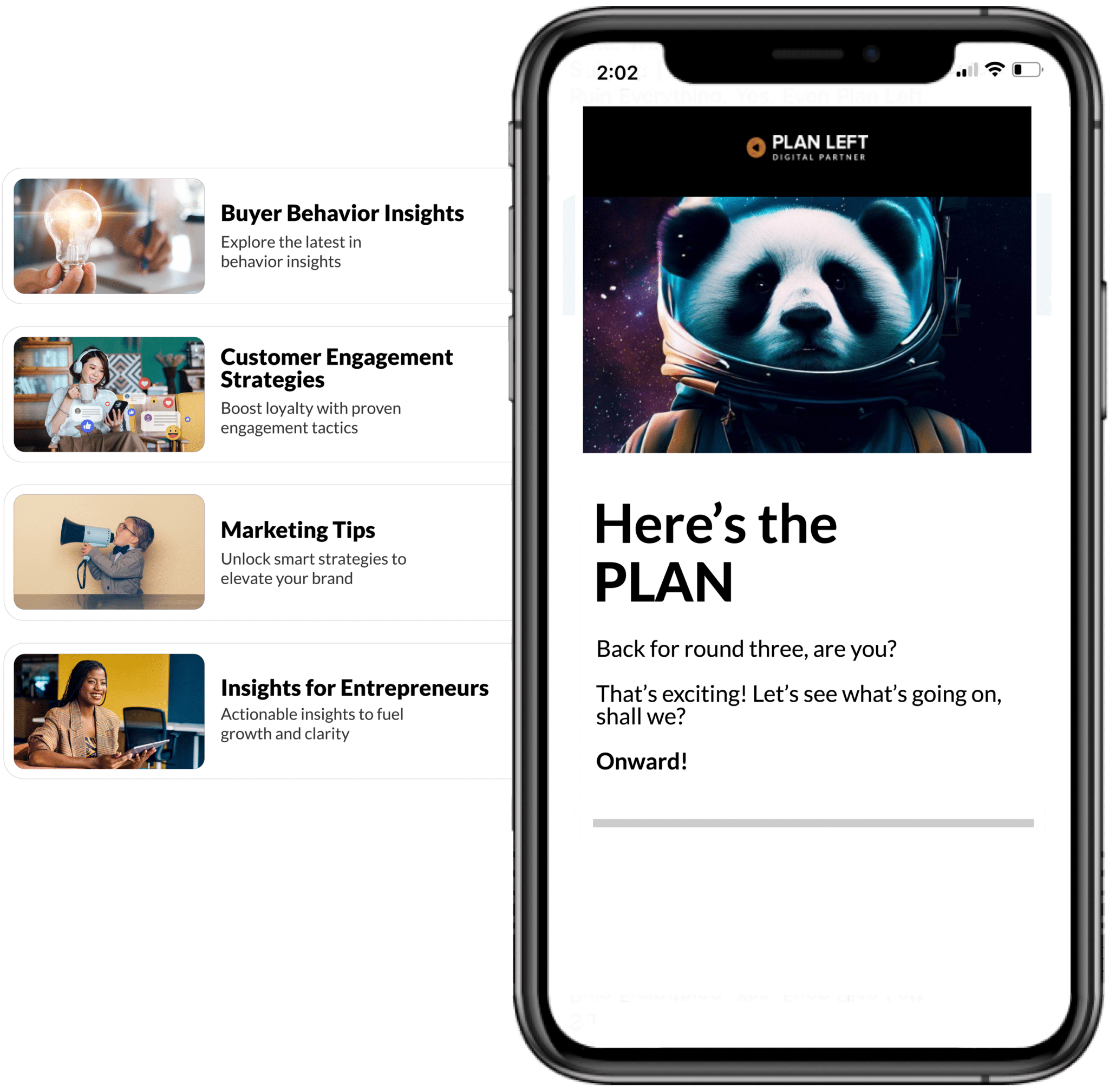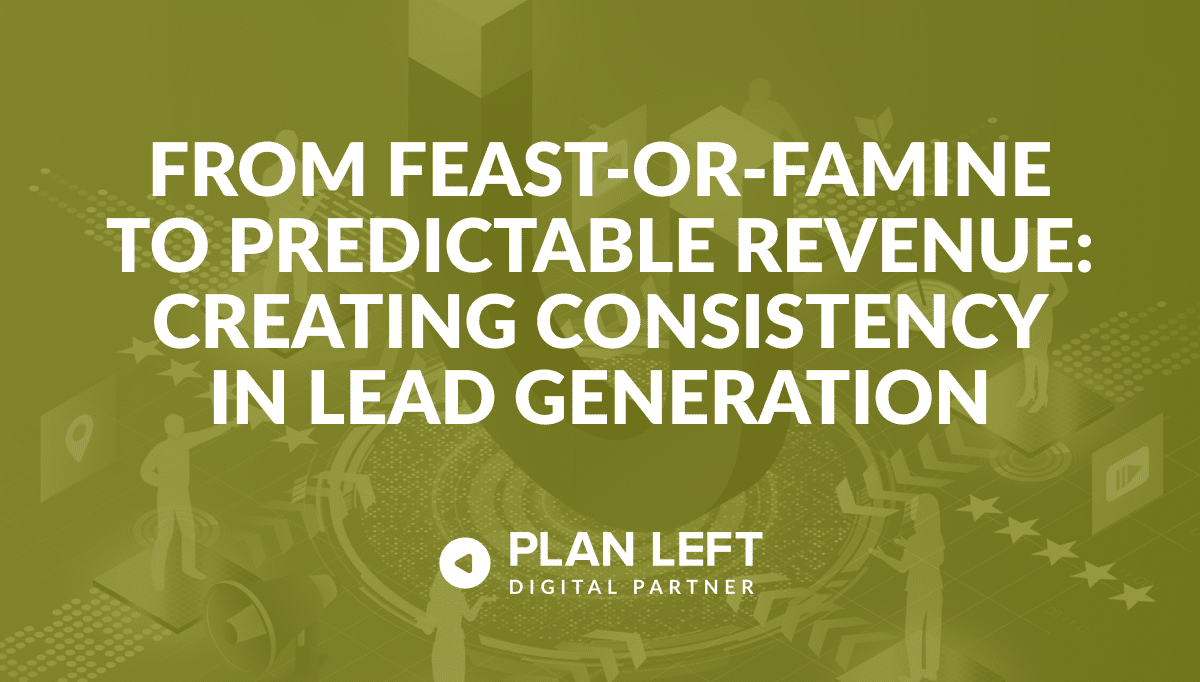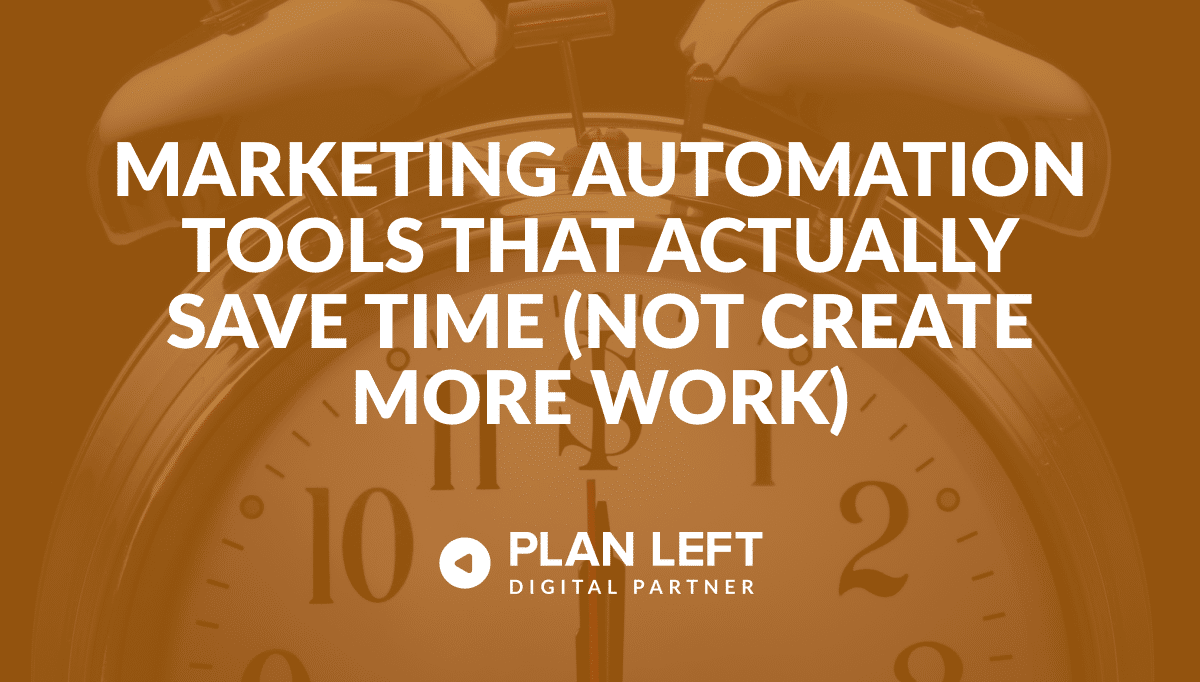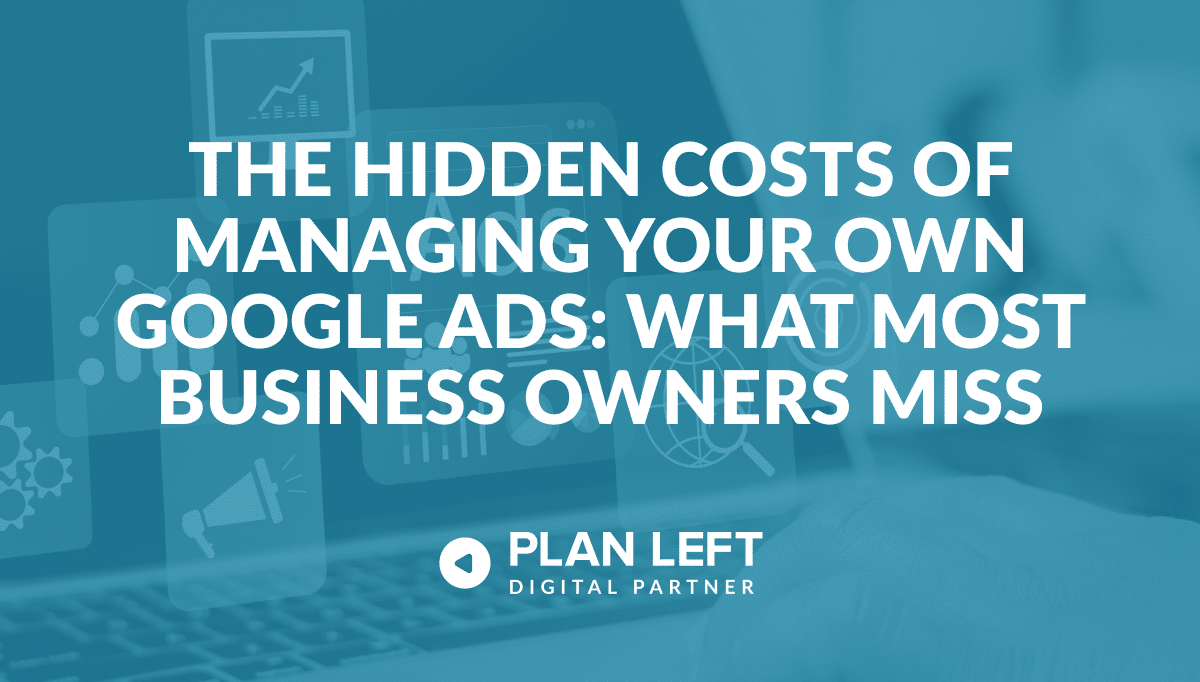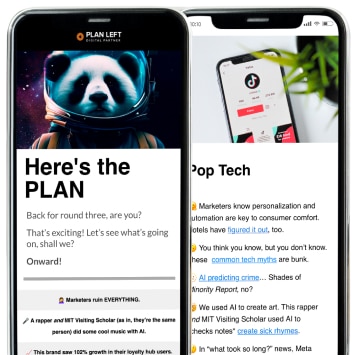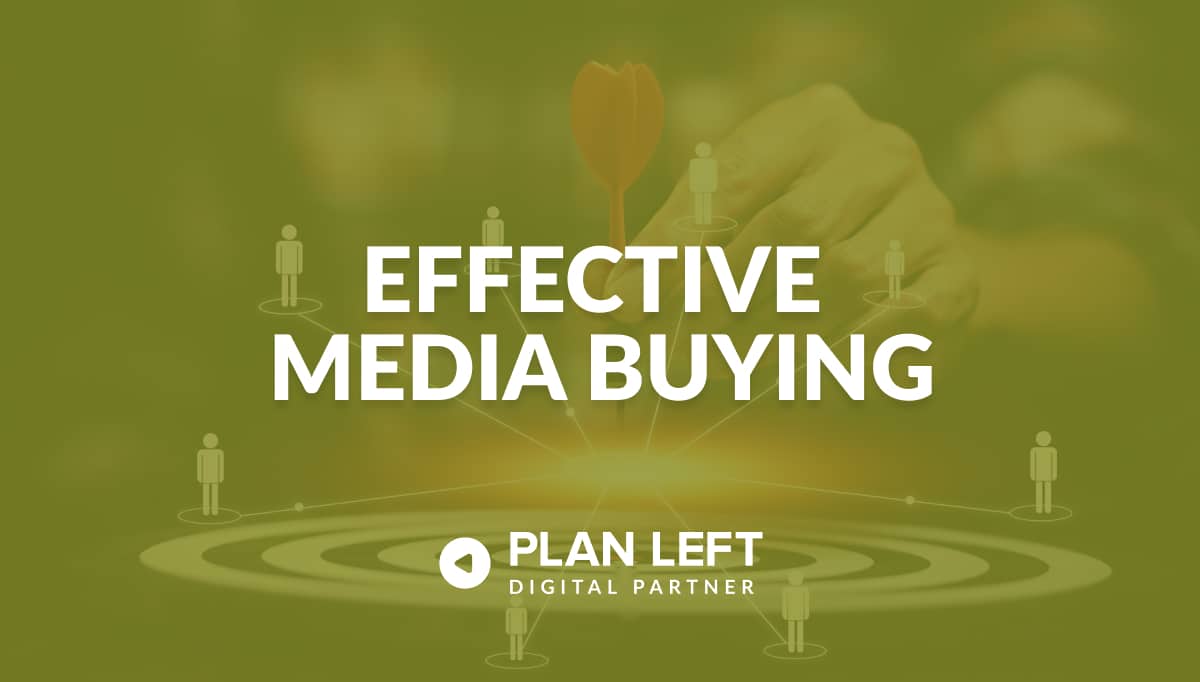
As of 2022, media buying services made up twelve percent of the marketing industry, at an incredible $69 billion, with an expected forecast of $125.9 billion by 2032 worldwide. Media buying is a strategy tailored to each marketing campaign’s unique needs. Variables like location, advertising types, and industry type determine the cost and effectiveness of media placements, aiming to boost your brand’s visibility and connect with your audience.
Media Buying Strategy
A successful media buying strategy begins with your brand identity and audience. Before diving into the variables of media placements, your creative assets should be polished and ready. This involves a thorough exploration of your brand’s identity, asking questions like:
- Who is your target audience?
- What interests them the most?
- How do they prefer to consume media?
- What motivates their purchasing decisions?
Building a compelling brand narrative and visually attractive creative assets is essential. No matter how strategically placed your ads are, they won’t resonate with your audience if they lack appeal or relevance.
Crafting Your Brand Story
Telling your brand story is an art that requires both creativity and strategic thinking. The key is to position your audience as the lead character of your brand narrative. Your role is akin to a supportive character who equips the hero (your customer) with the tools (your products/services) they need on their journey. You need to know the person you are speaking to. You need a persona.
Personas For Media Buyers
Personas, crafted from detailed demographic and psychographic data, guide the creation of content so that it is relatable to your target audience. This process requires a creative team with an understanding of consumer psychology to develop compelling narratives and visuals that reflect your brand’s values and mission.
But the process should also include input from your whole team, from sales to development to marketing and everything in between. This creates a holistic approach that encompasses a complete understanding of the target audience you are building a persona around, leaving no stone unturned or opportunity missed.
Targeting Your Audience in Media Buying
When aligned with well-defined target personas, media buying allows businesses to strategically place their advertisements where their audience is most likely to engage with them. Ads that include target behaviors are twice as effective as those that are not.
Here’s how businesses can integrate personas into their media buying strategy:
- Understand Your Audience – Effective media buying requires a deep understanding of your target personas. This includes gathering comprehensive demographic details (age, gender, location, income) and psychographic information (interests, behaviors, lifestyle) to inform your media strategy. Data analytics play a significant role in uncovering insights about your audience’s media consumption habits and preferences.
- Set Clear Campaign Goals – Define specific objectives for your media buying efforts. These include increasing brand awareness or driving sales. These goals should directly relate to the needs and behaviors identified in your target personas so that every media placement is purposeful and measurable.
- Choose the Right Media Channels – Select media channels based on your target personas’ preferences and media consumption patterns. Whether it’s digital platforms like social media and websites or traditional channels like TV and radio, the goal is to get in front of your audience wherever your persona spends most of their media time.
- Leverage Targeting Technology – Techniques like demographic, geographic, and behavioral targeting, along with programmatic media buying, can improve the precision of your ad placements. Use advanced targeting so that advertisements reach the specific segments of your audience as defined by your personas.
- Optimize Ad Creatives – Create ads that speak directly to the interests and needs of your target personas. Tailor both the message and the design to resonate with your audience, and conduct A/B testing to refine these elements based on performance data.
- Monitor and Analyze Performance – Continuously track and assess the performance of your media buys using KPIs like click-through and conversion rates. This analysis helps us understand how well our ads meet target personas’ expectations and set goals.
- Adjust Strategies in Real-Time – Be flexible in adjusting your media buying strategy based on real-time data. This may involve reallocating budgets, modifying targeting parameters or tweaking creatives to better align with your target personas’ changing preferences.
- Transparency and Control – Maintain transparency in your media buying processes and retain control over the placement and context of your ads. This is important to avoid potential issues like ad fraud and to make sure that your ads are seen in appropriate and effective settings.
Programmatic Media Buying
The overwhelming number of outreach options may be intimidating, but this is where we lean into our personas to reach our demographic effectively. Effective media buying requires:
- Research
- Industry Expertise
- Experience
Through research and a holistic approach to persona building, we can effectively dive into media buying and reach our target audience across multiple platforms, meeting key objectives and KPIs.
Programmatic Ads With Geofencing
Geofencing is a location-based digital marketing tool that allows advertisers to send targeted advertisements to mobile device users within a predefined geographic area. Using the mobile phone’s connected WiFi and GPS, highly-targeted ads are shown to the person performing a search when they enter this predefined area with their mobile device.
This provides real-time data on user behavior within the geofenced area, allowing for immediate and relevant ad delivery, providing ads that are personalized based on the user’s location and behavior—enhancing user engagement and the effectiveness of the ads.
Geofencing Ad Platforms
Geofencing is integrated into programmatic media buying platforms like Google and Facebook Ads, which automate the buying and placement of ads. This integration improves the efficiency and precision of ad campaigns, allowing for more dynamic targeting of where ads are served based on users’ geographic location in real time, maximizing the relevance and impact of the advertising message.
Explore Latest Posts
From Feast-or-Famine to Predictable Revenue: Creating Consistency in Lead Generation The revenue roller coaster is exhausting. Some months your pipeline ... read more
February 25, 2026
Marketing Automation Tools That Actually Save Time (Not Create More Work) Your marketing to-do list keeps growing faster than you ... read more
February 18, 2026
The Hidden Costs of Managing Your Own Google Ads: What Most Business Owners Miss Google Ads seems straightforward enough: pick ... read more
February 11, 2026
Essential Strategies for Entrepreneurs
Get Actionable Business Insights & Marketing Tips
Our newsletter delivers real-world strategies from entrepreneurs who’ve been exactly where you are.
Sign up now for:
- Actionable growth strategies that work
- Insider tactics for attracting top talent
- Real-world case studies from successful founders
- Emerging tech trends that drive innovation
- Pragmatic marketing approaches for visionary leaders
